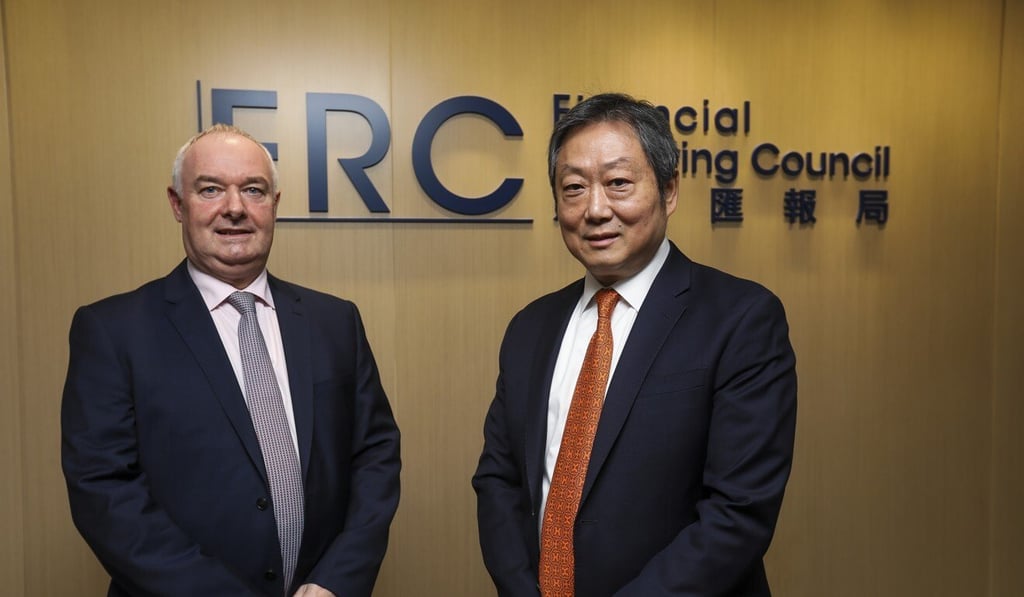Exclusive | ‘State secrets’ no more: Hong Kong regulator gains access to HKEX-listed Chinese firms’ audit papers in breakthrough
- Breakthrough could also serve as a template for cooperation between US and Chinese accounting and auditing regulators
- Papers of seven Hong Kong-listed Chinese companies passed on to Financial Reporting Council after being vetted for national security purposes

Hong Kong’s accounting watchdog agency has gained access to the audit papers of Chinese companies listed on the city’s stock exchange for the first time, in a breakthrough that may serve as a template for cooperation between the financial regulators of the United States and China.
“This is a landmark moment for cross-border cooperation in the investigation of auditing irregularities,” the FRC’s chairman Kelvin Wong Tin-yau said in an interview with South China Morning Post. “It will enhance the corporate governance of the Hong Kong stock market.”
China’s broadly defined laws on state secrets extend to companies’ audit papers, forcing auditors to adhere to a 2015 edict by the finance ministry for such documents to remain on the country’s shores.

Access to the audit papers shows that Chinese regulators were willing to work with overseas regulators, Wong said.